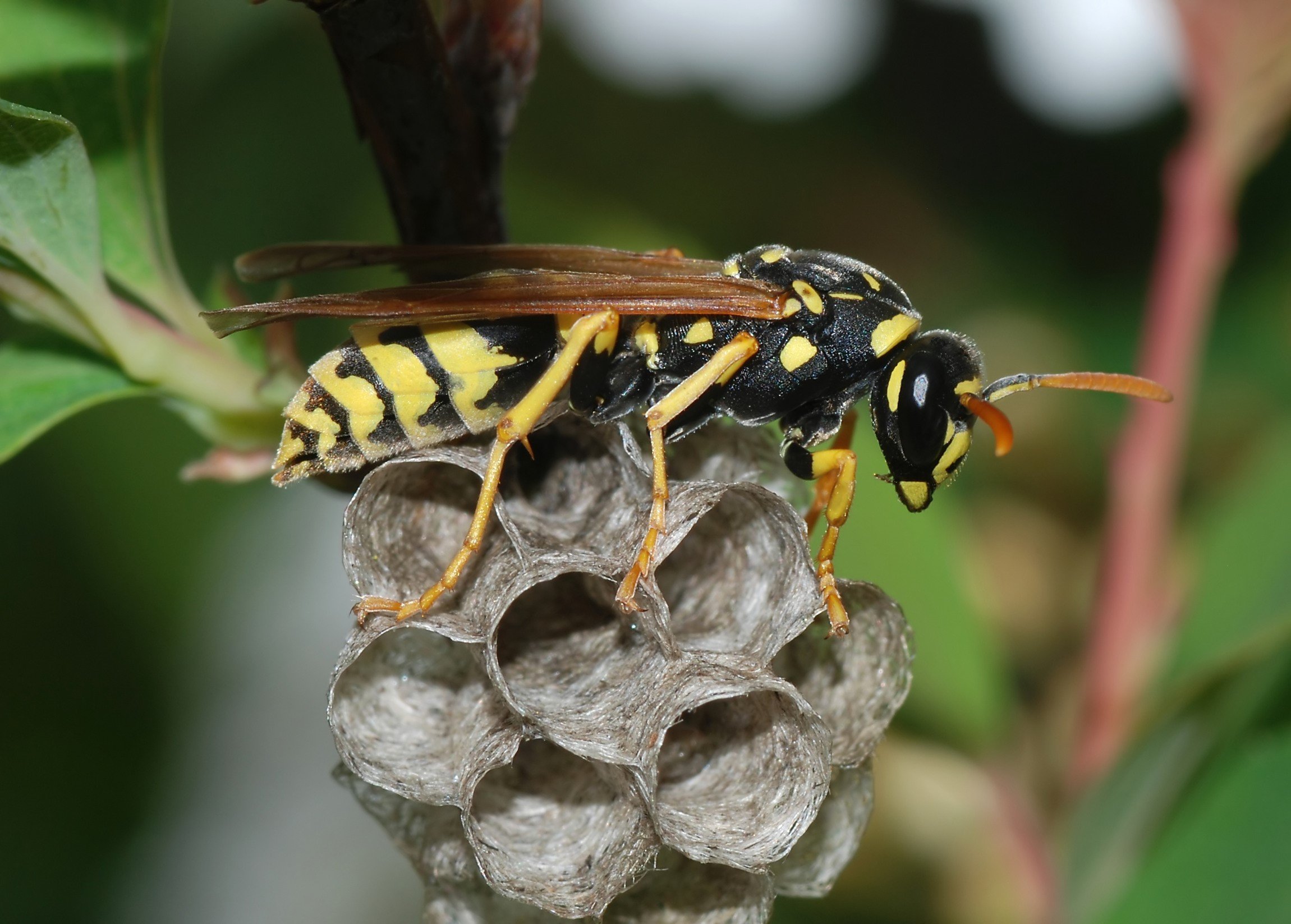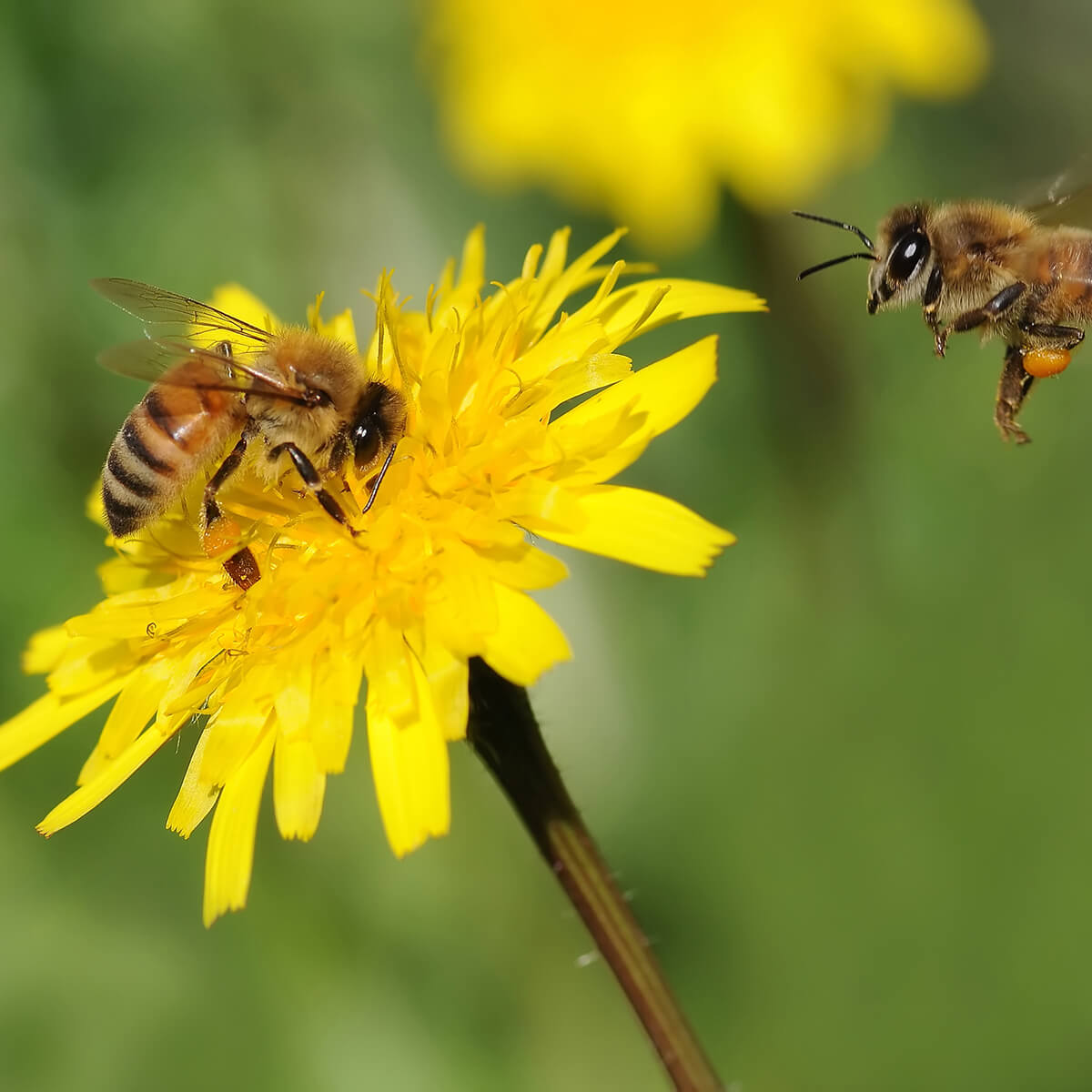Have you ever wondered whether wasps take a break from their buzzing activities at night? Well, you're not alone! Many people assume these tiny creatures are constantly on the move, but the truth is far more fascinating. In this article, we'll dive deep into the world of wasps and uncover whether they actually sleep at night. Get ready for some mind-blowing insights!
Wasps are one of the most misunderstood insects out there. People often associate them with stings and annoyance, but there's so much more to these little buzzers than meets the eye. One of the most intriguing questions about wasps is whether they sleep at night. The answer might surprise you!
Understanding the behavior of wasps can help us coexist peacefully with them. By learning about their nocturnal habits, we can better appreciate their role in the ecosystem and even avoid unnecessary encounters. So, let's get started and find out the truth about wasps and their sleeping patterns!
- Anyalacey Leaks The Untold Story Behind The Viral Sensation
- Robert Carmichael Baker The Life And Legacy Of A Remarkable Man
Wasps: The Ultimate Nightlife Investigators
When the sun goes down, the world of wasps takes on a whole new dimension. While most people think wasps are constantly active, the reality is that they do have periods of rest. But does this mean they actually sleep? Let's explore this further.
What Happens to Wasps at Night?
At night, wasps become less active. They retreat to their nests and enter a state of reduced activity. This behavior is often referred to as "resting" rather than true sleep. During this time, their metabolic rate slows down, and they become less responsive to external stimuli.
Research shows that wasps don't experience sleep in the same way humans do. Instead, they have periods of inactivity that allow them to conserve energy for their busy daytime routines. This adaptation helps them survive and thrive in their environment.
- Jenna Ortega Nude Debunking The Rumors Understanding Privacy And Respecting Boundaries
- Thomas Beaudoin Accident The Untold Story Behind The Incident
Do Wasps Actually Sleep? The Science Behind It
Scientists have been studying the sleeping patterns of insects, including wasps, for years. While wasps don't have eyelids to close, they do exhibit behaviors that resemble sleep. Here's what the experts have discovered:
- Wasps show reduced activity during the night.
- They become less responsive to external stimuli.
- Their metabolic rate decreases, indicating a state of rest.
- Some species of wasps have been observed with a "resting posture," where they remain still for extended periods.
These findings suggest that wasps do have a form of sleep, even if it's not exactly like human sleep. This rest period is crucial for their overall health and survival.
Why Do Wasps Rest at Night?
Rest is an essential part of a wasp's daily routine. Just like humans need sleep to recharge, wasps need rest to prepare for their busy days. Here are some reasons why wasps rest at night:
Energy Conservation
During the day, wasps are busy flying, foraging, and building nests. This requires a lot of energy. By resting at night, they can conserve their energy and be ready for the next day's activities.
Reduced Predation Risk
At night, many predators that hunt wasps are less active. By staying close to their nests and entering a state of rest, wasps reduce their chances of being attacked.
The Role of Temperature in Wasp Behavior
Temperature plays a significant role in the behavior of wasps. As nocturnal temperatures drop, wasps become less active. This is because their body temperature is influenced by the environment. When it gets cooler, their metabolism slows down, and they enter a state of rest.
How Cold Affects Wasps
Cold temperatures can have a profound effect on wasps. In some cases, they may enter a state of torpor, where their metabolic rate drops significantly. This is similar to hibernation in mammals and helps them survive during periods of extreme cold.
Do All Wasps Rest the Same Way?
Not all wasps behave the same way at night. Different species have different habits when it comes to rest. Some wasps are more active than others during the night, while others prefer to stay close to their nests. Here are a few examples:
- Social wasps, like yellow jackets, tend to stay close to their nests at night.
- Solitary wasps, on the other hand, may wander further from their nests and rest in hidden locations.
Understanding these differences can help us better appreciate the diversity of wasp behavior.
Can Wasps Be Active at Night?
While most wasps become less active at night, there are exceptions. Some species of wasps have been observed flying and foraging during the night. These nocturnal wasps have adapted to low-light conditions and can navigate their environment with ease.
Why Some Wasps Stay Active at Night
There are several reasons why some wasps remain active at night:
- They may be avoiding competition with other insects during the day.
- Some wasps prey on nocturnal insects, making nighttime the best time to hunt.
- Certain species have evolved to take advantage of cooler nighttime temperatures for energy conservation.
These adaptations highlight the incredible diversity of wasp behavior.
The Importance of Wasps in the Ecosystem
Wasps play a crucial role in maintaining the balance of ecosystems. By understanding their nocturnal habits, we can better appreciate their importance. Here are some ways wasps contribute to the environment:
- They control pest populations by preying on insects that damage crops.
- Wasps help pollinate plants, contributing to biodiversity.
- They serve as food sources for other animals, such as birds and spiders.
By resting at night, wasps ensure they have the energy to perform these vital roles during the day.
How to Coexist with Wasps
Now that we know wasps rest at night, it's easier to understand how to coexist with them. Here are some tips for living peacefully with wasps:
Avoid Disturbing Their Nests
Wasps are most active during the day, so it's best to avoid their nests during this time. If you need to remove a nest, do it at night when the wasps are less active and more likely to stay close to their home.
Keep Food and Drinks Covered
Wasps are attracted to sweet smells, so keeping food and drinks covered can help prevent unwanted encounters. This is especially important during outdoor activities like picnics and barbecues.
Conclusion: The Buzz on Wasp Sleep
So, do wasps sleep at night? While they don't sleep in the same way humans do, they do enter a state of rest that helps them conserve energy and prepare for the next day. Understanding the nocturnal habits of wasps can help us appreciate these fascinating creatures and coexist peacefully with them.
We encourage you to share this article with your friends and family. By spreading awareness about wasps and their behavior, we can promote a better understanding of these important insects. And who knows? You might just discover a newfound appreciation for the buzzing world of wasps!
Table of Contents
- Wasps: The Ultimate Nightlife Investigators
- What Happens to Wasps at Night?
- Do Wasps Actually Sleep? The Science Behind It
- Why Do Wasps Rest at Night?
- Energy Conservation
- Reduced Predation Risk
- The Role of Temperature in Wasp Behavior
- How Cold Affects Wasps
- Do All Wasps Rest the Same Way?
- Can Wasps Be Active at Night?
- Why Some Wasps Stay Active at Night
- The Importance of Wasps in the Ecosystem
- How to Coexist with Wasps
- Avoid Disturbing Their Nests
- Keep Food and Drinks Covered
- Conclusion: The Buzz on Wasp Sleep
- Aagmal Gives The Ultimate Guide To Generosity In Modern Times
- Tara A Caan The Rising Star In Digital Marketing


